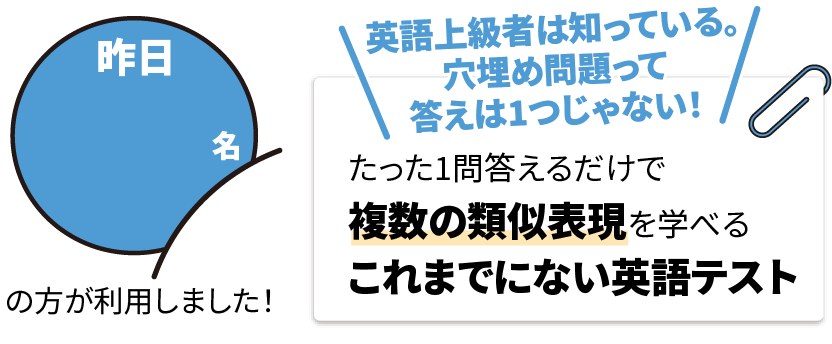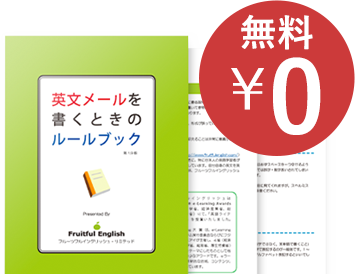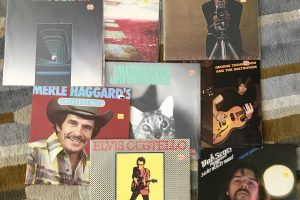まず、Simon先生の英語ブログを読んでみよう!
About 30 years ago, around the time that I had just turned 20, I got a call from an old high school friend who I hadn’t talked to in quite a while. He asked me if I wanted to join in a game called “airplane” that he was playing. I can’t remember the exact rules, but what basically happened was there were different ranks for players such as pilot, copilot etc. To play the game I would need to give $100 to my friend. Once he got a certain number of people to give him this money he would then move up a rank. Then, it would be my job to recruit people into this game. The goal was to move up the ranks by recruiting people, and once you got to the top you would get the accumulation of all the money from the people below you. You could even go in for another round if you felt like making some more easy money. It sounded like a great idea, but my mother was within earshot, and asked me what I had been talking to my old friend about. I explained the rules, all the while telling her what a good deal it was.
However, my mother just laughed and said “You wouldn’t know a good deal if it hit you in the face.” She followed up with “If you give him your money then more fool you”. “What do you mean?” I asked, and she answered with “A fool and his money are soon parted.” I told her that the money would come back, so I was in a way just lending it to my friend, to which she replied “Neither a borrower nor a lender be”. That was a favorite expression of hers, because she always thought it unwise to lend money to friends. She explained to me about a thing called a pyramid scheme, which is a kind of scam that does the rounds from time to time. I told her that they weren’t the same and she came back with “It’s six and one half dozen of the other”. After pondering it for a while, I called my friend back and politely declined.
Sometime later I read about this “Airplane” game in the newspaper. I can’t remember exactly what happened, but I know the police were involved. I’m glad I listened to my mother’s advice, or I could have gotten myself into quite a pickle.
In this piece I thought I would introduce a few phrases that my mother often used. These are commonly used expressions that English students may not be familiar with.
ーそれでは、本文の中からピックアップした英語表現を見てみましょう!
“within earshot”
This one actually wasn’t one of my mothers, but I thought it was introducing this time. The phrase “within earshot” means to be close enough to somebody that you can hear what they are saying (e.g. I approached the bus stop and saw there were two people already waiting. As I came within earshot, I could tell they were talking about and the fatal accident that happened not far from where we stood.)
“you wouldn’t know a good deal if it hit you in the face”
This expression is used to mean that you wouldn’t recognize something even of it was painfully obvious. We often use this when people are claiming to have good knowledge or sense regarding something (e.g. You wouldn’t know a good wine if it hit you in the face.) There are other variations of this such as “you wouldn’t know … if you fell on it/one” or “you wouldn’t know … if it walked up and bit you on the nose”. People also make their own original variations of this expression.
“more fool you”
This phrase is used to tell someone that you think they have done something foolish (e.g. You lent him all your ski gear and expect to get it back? More fool you.)
“a fool and his money as soon parted“
I think the meaning of this one is fairly clear. To be “parted” means to be separated, so a fool is quick to be separated from his money.
“neither a borrower nor a lender be”
The expression “neither a borrower nor a lender be” basically means don’t lend things to people and borrow things from people, or it is unwise to lend or borrow things. This particularly applies to money. It sounds quite “old English”, doesn’t it. In fact when confirming the meaning, I found that it was originally written by William Shakespeare himself. It is used on its own as a standalone sentence.
“six and one half dozen of the other”
This is a way of saying that two things are roughly equal or the same (e.g. When it comes to which political party to vote, and it’s six and one half dozen of the other.)
“I could have gotten myself into quite a pickle”
This is quite a funny sounding phrase, but to be “in a pickle“ means to be in a difficult situation (e.g. During the job interview he exaggerated his skills and experience, so when he actually started the job, he found himself in a real pickle.) other variations of this are “in quite the pickle“ and “in a right pickle“
If you have a chance, try some of these. And, have fun with them! See you next month!

Hello! My name is Simon.
I am from New Zealand, and have been living and teaching English in Japan since 1999.
My hobbies include movies, playing the guitar, gardening and hiking.
※このブログでは英語学習に役立つ情報アドバイスを提供していますが、本ブログで提供された情報及びアドバイスによって起きた問題に関しては一切、当方やライターに責任や義務は発生しません。
※ここでの情報や助言を参考に英文を書いたり下した判断は、すべて読者の責任において行ってください。ここに掲載されている記事内の主張等は、個人の見解であり当社の意見を代弁・代表するものではありません。








 (4 イイネ!が押されています)
(4 イイネ!が押されています)



























コメントする